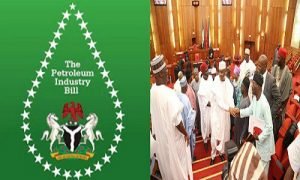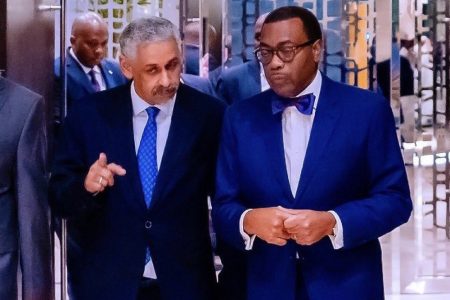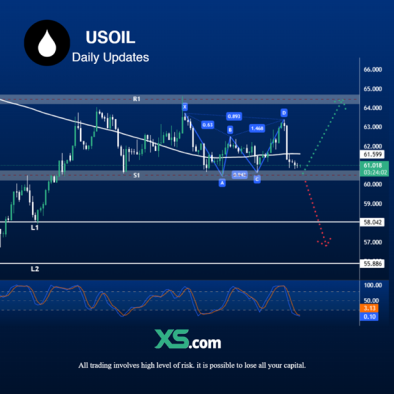
Lagos — The Senate and the House of Representatives will on Tuesday, October 20, consider the revised Petroleum Industry Bill, PIB, when it comes up for second reading in both chambers of the National Assembly.
Senate President Ahmed Lawan and Speaker of the Houser of Representatives Femi Gbajabiamila revealed this separately.
This is after the bill scaled first reading at the Senate and the House of Representatives late September, barely 48 hours after it was transmitted to the National Assembly for consideration and passage by President Muhammadu Buhari.
President Buhari, early last month, had promised to see to the passing of the Bill into law latest by the end of 2020 even as stakeholders have underscored the importance of a business friendly fiscal policy to investments in the oil and gas sector.
Announcing the expected debate of the bill on October 20, Senator Lawan stated that an early debate on the bill was necessary to forestall any delay in its consideration. He said the legislation would, after debate on the floor, pass second reading and be referred to the Joint Committees on Petroleum and Gas for further legislative work.
“Our Joint Committee must do everything possible for us to have a document or report that we would work with in the Senate and something that Nigerians and investors will be happy with,” Lawan said.
According to House speaker Femi Gbajabiamila, the bill will come up for second reading on Tuesday, October 20 – same day as in the Senate.
SweetcrudeReports reports that the revised PIB 2020, among others, provides that there would be no need for the Nigerian National Petroleum Corporation, NNPC, and the Petroleum Products Pricing Regulatory Agency, PPPRA, as both will be scrapped.
The NNPC, as currently constituted, will be replaced by Nigerian National Petroleum Company Limited or NNPC Limited while, according to the bill, the upstream sector of the oil industry will get its own agency known as the Nigerian Upstream Regulatory Commission- to be responsible for the technical and commercial regulation of upstream petroleum operations, and the midstream and downstream sector will get the Midstream and Downstream Petroleum Regulatory Authority, MDPRA, known as ‘The Authority’.
Other key details of the PIB include changes in taxes and royalties applicable in the oil and gas sector and setting up of host community development trusts by oil companies,
The bill would bar companies from deducting gas flaring penalties from their taxes. The companies would also have to supply a set amount of gas, determined by the new regulator, to the domestic market or face penalties of $3.50 per 1 million British Thermal Units, among others



